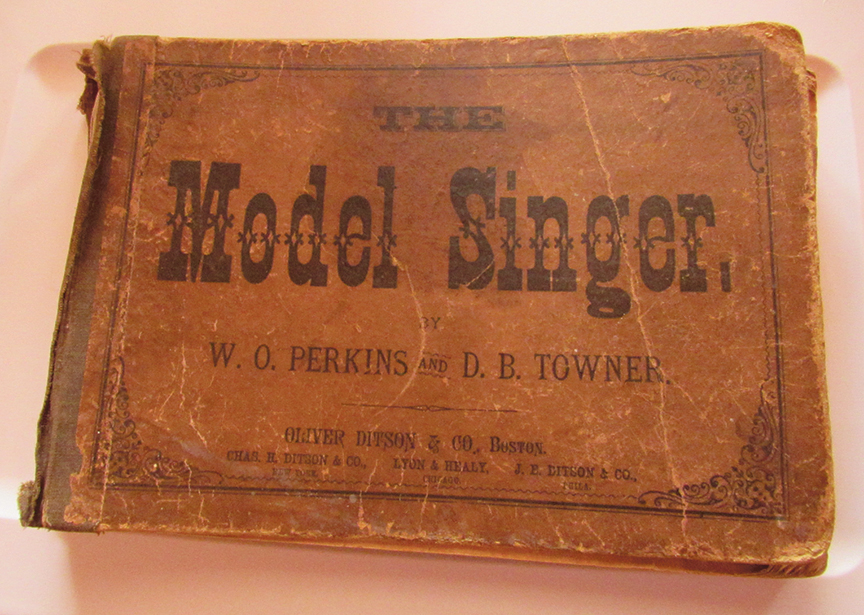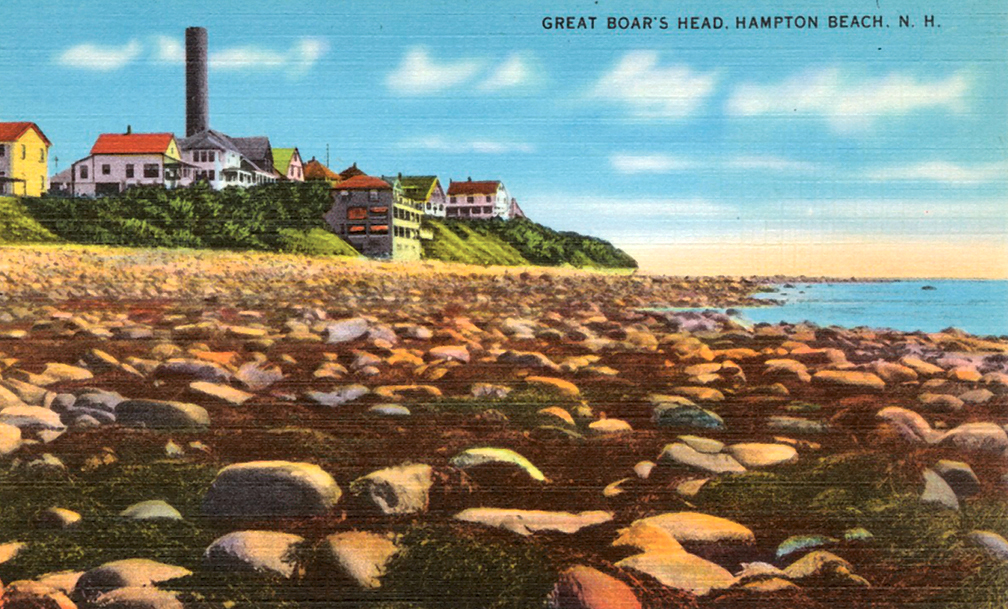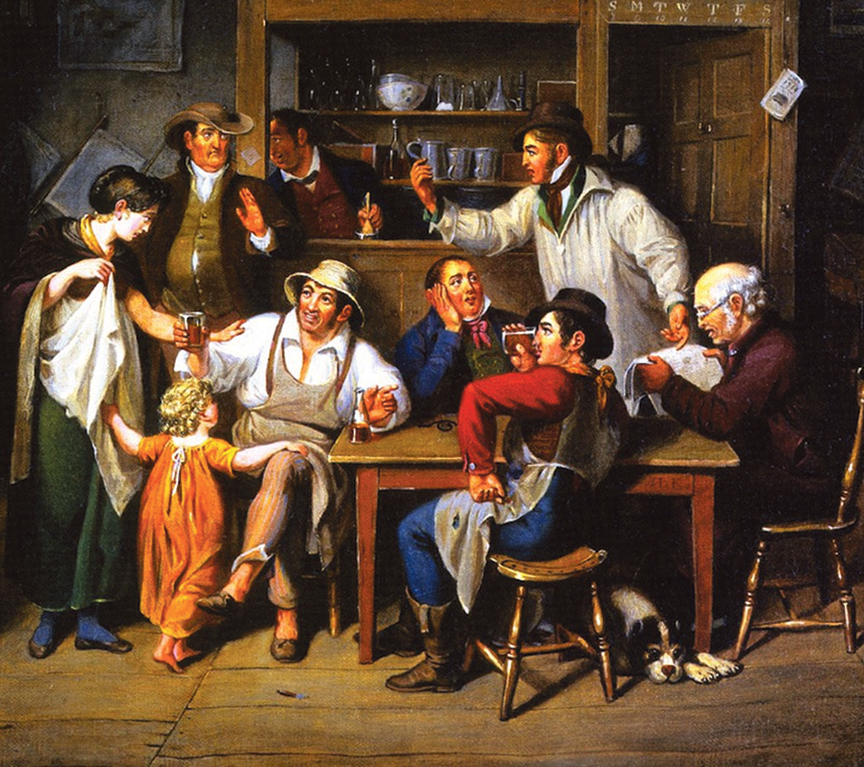The NH Mountaineers – Their Colonel Was Left Behind



by Robert Hanaford Smith, Sr.
Weirs Times Contributing Writer
The New Hampshire Mountaineers were the members of New Hampshire’s Twelfth Volunteer Regiment which served in the Civil War, otherwise known as the War of Rebellion.
They were not called mountaineers because they came from the mountains, but because of their size, most of them being five feet and eight inches tall or more, and the rugged and sturdy appearance they displayed. It was written of them that they represented the brawn, if not the brain, of New Hampshire’s mountains and hills.
Among the accounts left to us about the Twelfth Regiment is the history written by the historian of the Twelfth Regiment Association, Captain Asa W. Bartlett from Epping who says of his war experience, “This soldier simply tried to do his duty.” He related that he had some “thrilling experiences.” I must add that he was married after the war was over to a daughter of John Doe of Pittsfield whose name was Finette. My purpose in this article, however, is to highlight the manner in which “The Twelfth” was organized and how the regiment’s choice for their leader was left behind.
On July 2, 1862, a call was made by President Lincoln for 300,000 more men to serve in the military for three years or until the war against the Confederate army was ended. In Laconia, New Hampshire, Col. George W. Stevens came up with the idea of raising a regiment of men to become soldiers from Belknap County and surrounding towns. He received the agreement of Col. Thomas J. Whipple and others to proceed with such a plan and a “grand war meeting” was scheduled for Friday, July 25, 1862 at the North Church in Laconia.

Col. Charles Lane presided at the meeting, but speeches were given by several prominent men, including Governor Berry, in which the need of the hour was presented. Both men and women came from many towns and there was not space for all who came in the room where the meeting took place. Colonel Thomas Jefferson Whipple gave a passionate speech in which he said: “I ask no higher glory than the privilege to add my name to the long list of heroes who shall give their lives for their country in this great struggle for the Union and the Constitution.”
He went on to say, “As for one, I now offer my life, my property, my all, to the support and preservation of our common country.”
Mr. Whipple had already fought in the Mexican War, having been taken captive at Vera Cruz, but later being released in a prisoner exchange. He had also previously served in the Civil War as a Lieutenant-Colonel in the First and a Colonel in the Fourth New Hampshire Regiments. The First was called into service for three months when it was thought that the war would be a short one. The volunteers gathered at Concord on May 1, 1861 and had completed their service and been called back to New Hampshire on August 2nd . They were mustered out of service on August 9th. Not long after the First Regiment was called back to New Hampshire Whipple was appointed a Colonel for the Fourth Regiment on August 26, 1861 and was again mustered into service on September 18th of that year. He resigned from his position in the Fourth Regiment on March 18, 1862. He was said to have been a “model soldier.”
Whipple was born on January 30, 1816 in Wentworth, N.H. And was educated at academies in New Hampton and Bradford and attended Norwich University where he acquired his interest in the military. During the Mexican War he was taken captive at Vera Cruz and later released in a prisoner of war exchange. At the meeting in the North Church Col. George Stevens presented his plan of organizing the Twelfth New Hampshire Regiment, insisting that it could be accomplished in ten days if the governor was willing to allow them to choose their own officers. The plan was accepted by Governor Berry and the necessary papers to proceed were issued on August 12, 1862.

It is claimed that within three or four days enough men from Belknap County and some surrounding towns had signed enlistment papers to form a regiment comprising ten companies. Col. Thomas Whipple has been credited with providing the inspiration which persuaded many of the recruits to sign on as soldiers. Captain Bartlett wrote that Whipple “…exerted a powerful influence throughout the many towns in which he spoke night and day, in his memorable circuit around the lake, leaving a continuous line of recruits following in behind him.”
The lake, of course, was Winnipiseogee, as it was then called and spelled.
The ten companies of the Twelfth Regiment chose their officers and together unanimously selected Col. Whipple to be their commanding officer, considering him to be extremely qualified, and Col. Stevens to be his assistant, or Lieutenant-Colonel of the Regiment. They met at Morrison’s Hall in Laconia on August 26th to officially elect these officers. However, seemingly to the surprise of most of those involved the governor did not commission Whipple and Stevens, along with Dr. George Montgomery who had been elected 2nd Assistant Surgeon. Governor Berry insisted that he was doing what was best for the regiment when he commissioned Col. Potter, previously a Captain in the United States Army, to command the Regiment, and Capt. John F. Marsh of Nashua to be Lieutenant-Colonel even though the Regiment members had chosen Col. Stevens as their second choice to command them. It was widely thought that the Governor had broken his agreement with the regiment organizers.

Petitions were signed and letters written, but Gov. Berry could not be persuaded to agree to the desire of the newly recruited soldiers of New Hampshire’s Twelfth Regiment concerning their leader.
So the two men who were most responsible for raising a Regiment of soldiers from the middle of New Hampshire and who had the backing of those soldiers to be their commanders as they prepared to go to war were left at home as their recruits headed for Camp Belknap in Concord. There they received their initial training as they were mustered into the service of the United States of America.
The “New Hampshire Mountaineers ” received their muskets and donned their uniforms; however, before leaving the state, they were given a short furlough of a few days to go to their homes to say good-bye to their families. On September 18th they paraded in Concord for a large crowd that came to see them and then listened to a speech by Colonel Whipple in which he expressed his regret that he could not go with them, but asked them to accept the officers they had been assigned to.
He told them, “In times like these, he who has a life to give to his country possesses the power to become a hero.”
Col. Whipple went back to Laconia to practice his profession as a lawyer, being considered by some to be the best in New Hampshire in that occupation.
Robert Hanaford Smith, Sr., welcomes your comments at danahillsmiths@yahoo.com.



